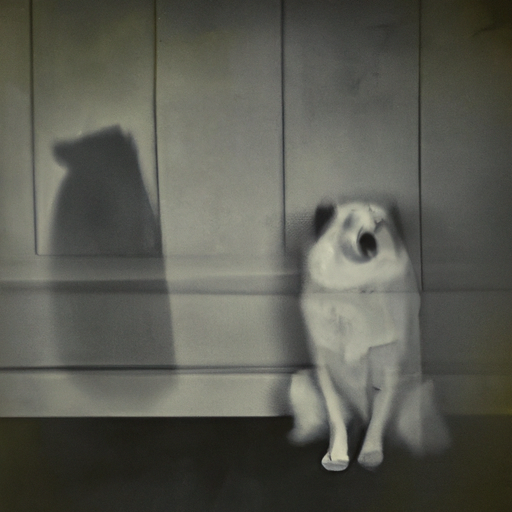Understanding Your Dog’s Emotions
As a caregiver, you’re always on the frontline, attending to the needs of your pets. You’re familiar with their playful barks, their ecstatic tail wags, and even their sulky moments. But are you aware that they can also experience grief? Yes, dogs do get depressed when another dog dies. This depression is expressed through changes in behavior that might be subtle at first, but can become more pronounced over time.
Recognizing the Signs of Depression in Dogs
When your dog’s four-legged companion passes away, they might experience an array of emotions, similar to how humans do. Here are the signs you should look out for:
- Loss of Appetite: Dogs that are grieving may lose interest in food or refuse to eat altogether.
- Lack of Interest: They may show disinterest in activities they used to enjoy.
- Sleep Changes: They may sleep more than usual, or suffer from insomnia.
- Behavioral Changes: They might become more clingy, or conversely, seek solitude.
| Signs of Depression | Description |
|---|---|
| Loss of Appetite | Refusal to eat or reduced food intake |
| Lack of Interest | Disinterest in favorite activities |
| Sleep Changes | Increased sleep or insomnia |
| Behavioral Changes | Increased clinginess or isolation |
How to Help Your Dog Cope
Just like humans, dogs can benefit from emotional support during their time of grief. Here’s how you can help:
- Provide a stable routine. Dogs thrive on stability. Try to keep their meal times, walks, and playtimes consistent.
- Spend quality time with them. Your presence and attention can go a long way in healing their emotional wounds.
- Consider introducing a new pet. However, make sure to assess your dog’s readiness for this step.
When to Seek Professional Help
If you’ve tried the above steps and your dog’s depressive symptoms persist, it might be time to seek professional help. An extended period of depression could lead to serious health complications. Consult with a vet or a pet behaviorist to explore possible treatment options, which might include therapy or medication.
Frequently Asked Questions
Q: Do dogs understand death like humans do?
A: While dogs don’t necessarily grasp the concept of death like humans, they can sense a significant change or absence in their environment.
Q: How long does a dog grieve?
A: The grieving process varies for each dog. Some might bounce back in a few weeks, while others might take several months.
Q: Can dogs sense their own mortality?
A: There’s no definitive answer to this. While some believe dogs might sense their impending death, others argue they live in the present and don’t contemplate future events.
Q: Can dogs die from depression?
A: While it’s unlikely for a dog to die directly from depression, prolonged depression can lead to serious health problems that could potentially shorten a dog’s life.
Remember, your understanding and patience can make a world of difference to a grieving pet. So, take heart and know that with time, love, and care, your furry friend will gradually heal.



